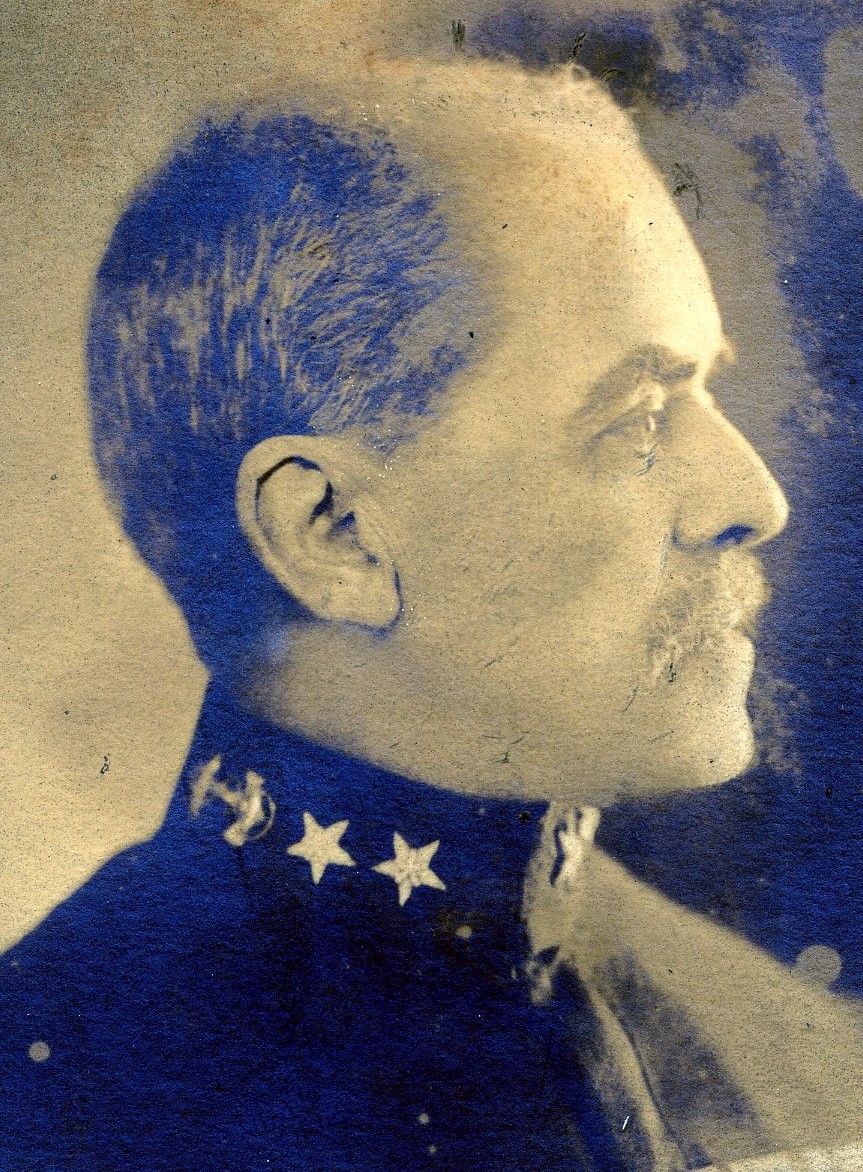Rear-Admiral, U.S. Navy
Centurion, 1917–1928
Born 24 August 1847 in Newport, Rhode Island
Died 3 March 1928 in San Diego, California
Proposed by William Conant Church and Rufus F. Zogbaum
Elected 3 February 1917 at age sixty-nine
Archivist’s Note: Brother of George K. Swinburne
Century Memorial
Even to those of us whose visits to the Century consist in an occasional hour spent in dining-room or library, there are a few personalities that are invariably associated with the picture. One of those always familiar figures was the quiet fellow-member who came to us from the Navy. To William Thomas Swinburne, as to many other men of achievement who had withdrawn from active participation in affairs, the Club became a congenial home for the afternoon of life. It was not altogether easy to identify the Admiral’s taciturn and somewhat melancholy individuality as he read in the library, exchanged a few words of kindly greeting over his newspaper, or listened to the conversation at the dinner-table, with the alert and vigorous martinet of the battleship that his naval friends remembered. This quiet club-man, whom every one in the Century liked because of his own ingenuous personality, had played his part in the country’s history. Swinburne fought as a midshipman of fifteen on the historic Ironsides in 1862; he commanded the naval battalion which hoisted the American flag over Honolulu in 1893; he was one of the commanders who awaited outside Santiago the chance for the navy’s memorable engagement with Cervera. Of this closed chapter of a useful life—for he retired from the service as long ago as 1909—the Admiral talked little and the Century perhaps knew less. But the navy had not forgotten him. Our quiet associate of the Graham Library was buried at sea last March, in the Pacific Ocean whose waters he had patrolled thirty-five years before. The simple and affecting naval ceremony, the half-masted colors, the men and officers standing at attention, the funeral volley from the flagship’s firing squad, ended the story as the Admiral would have wished it to be ended.
Alexander Dana Noyes
1929 Century Association Yearbook

